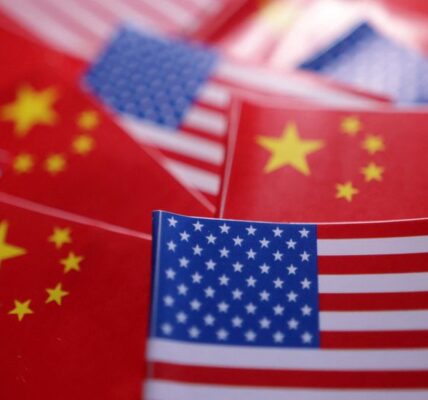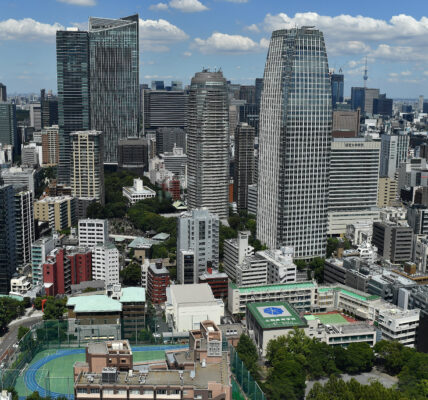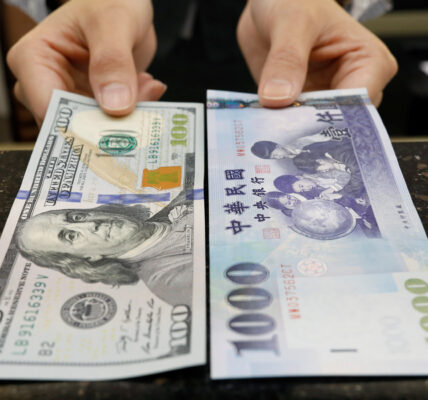BEIJING – China’s services activity expanded at the slowest pace in seven months in April, with new orders growth slackening from March, weighed by uncertainty caused by U.S. tariffs, a private sector survey showed on Tuesday.
The Caixin/S&P Global services purchasing managers’ index (PMI), fell to 50.7 from 51.9 in March, its lowest reading since September. The 50-mark separates expansion from contraction.
This was broadly in line with the official survey, which showed services activity easing to 50.1 from 50.3 in the previous month. The Caixin PMI is considered a better read of trends among more export-oriented and smaller firms.
Despite stronger-than-expected economic growth in the first quarter, supported by government stimulus, China’s economy contends with persistent deflationary risks, a protracted property slump, and threats from U.S. tariffs.
About 48% of employees in China worked in the services industry in 2023 and the sector contributed 56.7% to total GDP last year. But U.S. President Donald Trump’s trade actions may hit the manufacturing sector hard and hurt business hiring plans and consumer confidence.
“With a cloud over the market outlook, both business and consumer confidence are subdued, making it harder to boost domestic demand,” said Wang Zhe, Senior Economist at Caixin Insight Group.
“The ripple effects of the ongoing China-U.S. tariff standoff will gradually be felt in the second and third quarters. As such, policymakers should prepare well and take action sooner rather than later,” said Wang.
The Caixin services survey showed new business growth slowed to its weakest since December 2022, though export orders edged up slightly, partly due to tourism recovery. Some service providers cited disruptions from U.S. tariffs impacting goods trade.
Business sentiment in the services sector grew at the slowest pace since February 2020 with companies citing U.S. tariffs as a major concern.
Service providers cut jobs for the second straight month to curb costs, leading to a rise in backlogged work, pushing the corresponding gauge into expansionary territory for the first time this year.
Firms reduced prices to attract customers despite higher input costs.
The Caixin China General Composite PMI fell to 51.1 in April from 51.8 the previous month.
Last month, the ruling Communist Party’s Politburo pledged to support firms and workers most affected by the impact of triple-digit U.S. tariffs and urged the country to prepare for worst-case scenarios.
Economists at Morgan Stanley said last week that second quarter growth could slow one percentage point as tariffs bite.
“We expect Beijing to navigate the challenges with cautious and uneven stimulus policies: still relying on investment in emerging sectors and urban renewal, while gradually shifting policy towards consumption over the medium term,” Morgan Stanley said in a research note.
Please like, comment, and share this article if you found it helpful and
informative.
For more news check out Big Town Bulletin News
For more from Big Town Bulletin check out Big Town Bulletin



